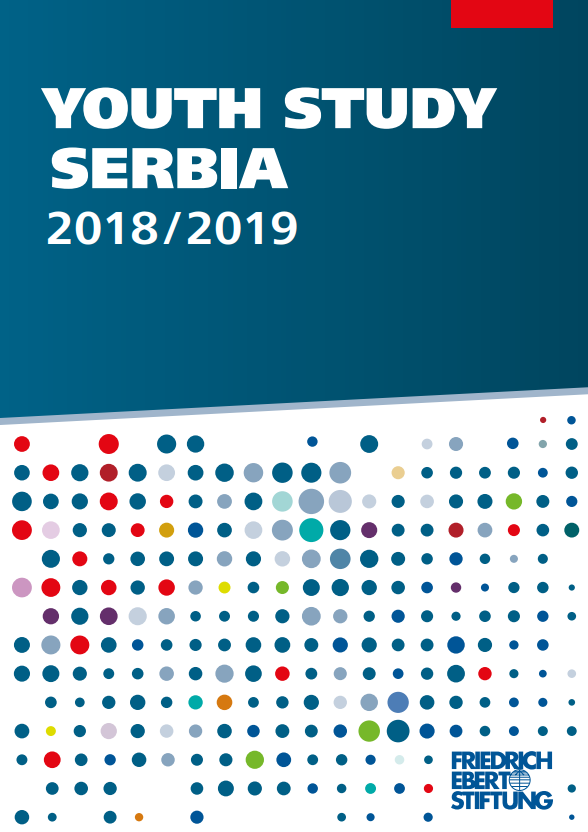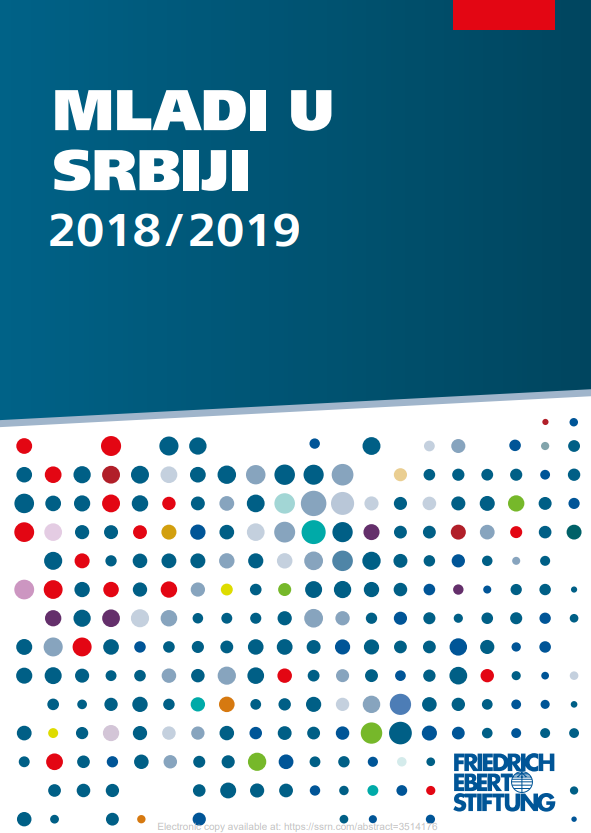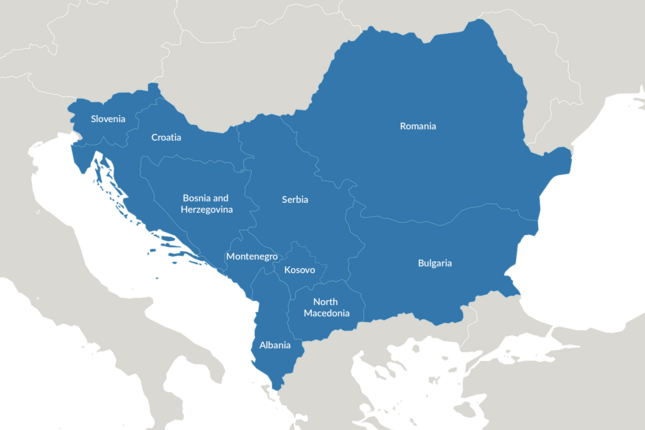Croatia's Youth Show High Levels of Affective Polarization
Data from the Friedrich Ebert Foundation's Southeast Europe Youth Study 2024 reveals a concerning picture of political and social division among Croatian youth. When asked about their comfort level with having close personal friends who support political parties they dislike, young Croatians aged 14-29 displayed significant affective polarization – the tendency to view political opponents negatively on a personal level. This polarization appears consistent across different political parties gender and political orientation, revealing deeply entrenched divides within Croatian society that present challenges for future political cooperation and social cohesion.
Most Croatian Youth Uncomfortable with Cross-Political Friendships
The data shows that across all major political parties in Croatia, a majority of young people express discomfort with having close personal friends who support parties they dislike. Around 70% of respondents indicated they were either "Not at all comfortable" or "Not too comfortable" with such friendships.
Analysis of the data found no statistically significant differences in political tolerance based on gender or political orientation among Croatian youth, despite some apparent patterns in the raw percentages.
Implications for Croatian Democracy
The high levels of affective polarization among Croatian youth raise concerns about the future of democratic discourse in the country. When citizens are uncomfortable forming personal connections across political divides, the potential for constructive political dialogue diminishes. This can lead to increasingly entrenched partisan positions, reduced ability to find common ground on policy issues, and ultimately, a more fragmented society.
The data suggests that political identities are not merely differing viewpoints on policy for young Croatians, but have become markers of social identity that influence personal relationships. This trend, if it continues into adulthood, could further intensify Croatia's political polarization in coming years.
About the Data
This analysis draws from the FES Southeast Europe Youth Study 2024, specifically its Croatia component, examining views on political polarization among youth aged 14-29..
To read the 2024 Croatia Youth Study report or the 2024 Comparative Southeast Europe Youth Study 2024 report, please find them below.
Publications
Youth Study Southeast Europe 2024
Vienna, 2024
Download publication (7 MB, PDF-File)



